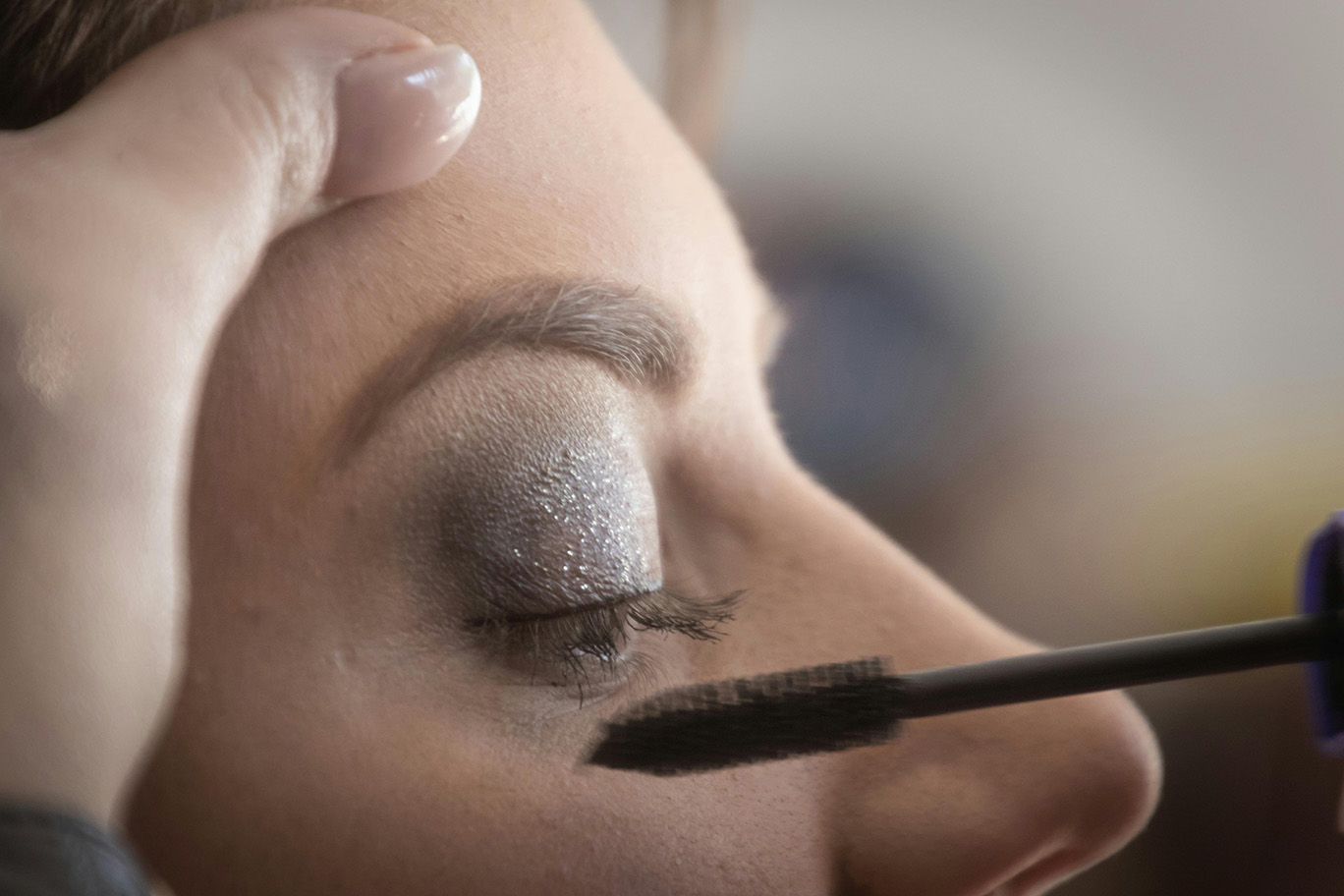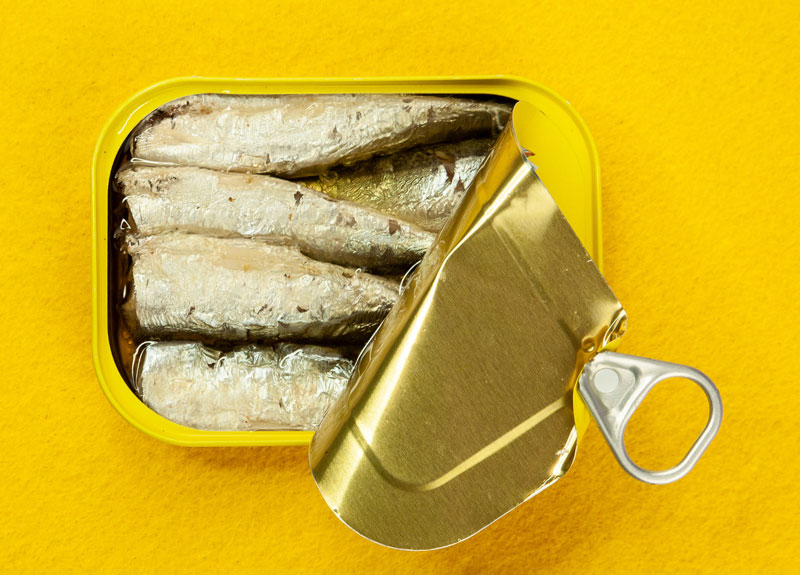Blog

Winter Vitamin D Supplements
Posted: 18/01/2024
We are now in the depths of winter and those of us living in the UK not taking a Vitamin D supplement could be deficient. Many people don’t realise that the NHS recommendation is that everyone over the age of 1 (including pregnant and breastfeeding women) should consider taking a daily supplement of vitamin D during the autumn and winter. Babies under 1 are also recommended to take a lower level supplement – for more information see the NHS website here.
You will probably know that Vitamin D is often called the sunshine vitamin because during the months from March to September our bodies can make Vitamin D with the help of sunlight, via direct contact through the skin. Small amounts of Vitamin D are also found in some foods such as oily fish, red meat, egg yolks and fortified foods such as cereals and infant formula but it is difficult to get enough from food alone.
Vitamin D helps regulate the amount of calcium and phosphate in the body. These nutrients are needed to keep bones, teeth and muscles and the eyes healthy. It has long been known that a lack of vitamin D can cause bone problems and muscle aches, but the link to eye health has only recently been established.

A study in Turkey has revealed a link between dry eyes and Vitamin D deficiency. The study found that both the uncomfortable feeling of having dry eyes and the visible signs on the surface of the eyes were worse in people with Vitamin D deficiency. Additionally, other studies have found that patients affected by AMD (age related macular degeneration) had lower serum vitamin D levels compared to healthy subjects.
Outside of the winter most people can make enough vitamin D from being out in the sun daily for short periods of up to half an hour with their forearms, hands or lower legs uncovered and without sunscreen. This applies from late March or early April to the end of September, especially from 11am to 3pm – but the amount of vitamin D synthesised and exposure time needed can vary with skin tone.
Of course you should be careful not to burn in the sun, so take care to cover up or protect your skin with sunscreen before your skin starts to turn red or burn. It’s important to protect your eyes from the sun too, as UV light can damage the retina, the lens and the outer areas of the eye as well, so make sure you have well-fitting sunglasses meeting the British Standards for eye protection, which will have a CE mark. Although often a fashion item for adults, don’t forget that children should wear sunglasses too!
If you need any further advice, then please call in to your local branch, we are always happy to help.
< Back




